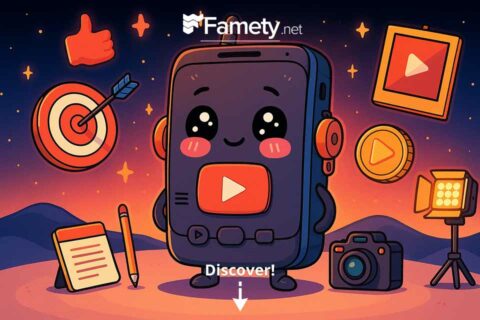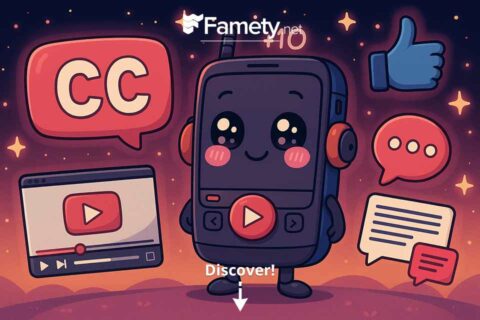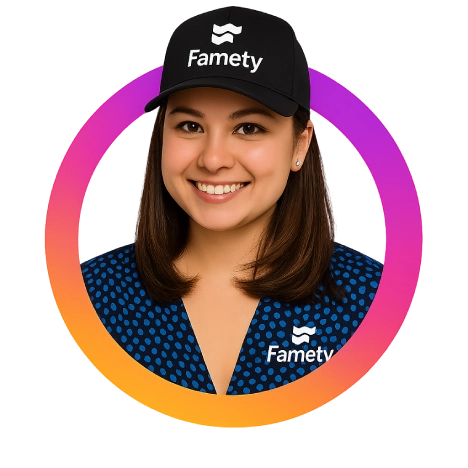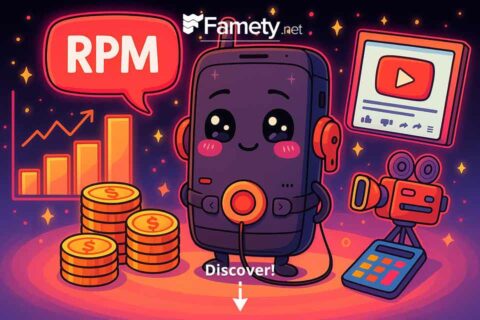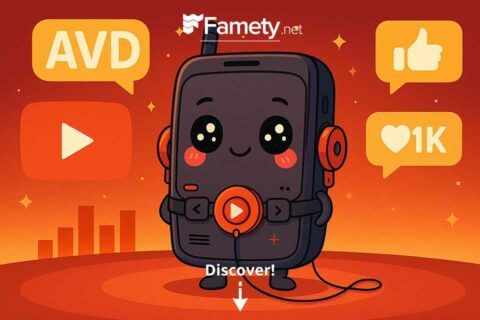- MCN stands for Multi‑Channel Network: a company that partners with multiple YouTube creators to provide services and revenue‑sharing.
- They help with brand deals, monetization, rights management and growth, but you give up a portion of control and revenue.
- You don’t need to join an MCN to be successful on YouTube—but for some creators, it can accelerate growth when the contract is fair.
- Before signing, review their revenue split, services offered and contract terms thoroughly—make sure it’s a strategic choice, not just hype.
If you’re a creator on YouTube or thinking about monetizing your channel, you’ve probably heard the term MCN floating around. But what exactly is an MCN, how does it work, and is it the right move for your channel? In this guide we’ll walk through what a Multi‑Channel Network (MCN) is, how it benefits (and sometimes binds) creators, what to look out for, and how to decide whether joining one makes sense for you.
What Does “MCN” Stand For?
MCN stands for Multi‑Channel Network. According to YouTube’s own help pages, “Multi‑Channel Networks (‘MCNs’ or ‘networks’) are third‑party service providers that affiliate with multiple YouTube channels to offer services such as audience development, content programming, creator collaborations, digital rights management, monetization and/or sales.” Essentially, an MCN is a company that teams up with many creators to provide support, infrastructure, and sometimes resources in exchange for a share of revenue or a contractual commitment.
How Does an MCN Work?
The Relationship
When you join an MCN, you typically sign a contract granting the network certain rights this may include revenue sharing, content obligations, and channel analytics oversight. The network then offers services such as brand deals, promotion, cross‑channel collaboration, or music licensing. In return, the MCN takes a cut of your earnings and sometimes more control than you may initially expect.
Types of Channels under an MCN
YouTube differentiates between “Affiliate” channels and “Owned & Operated” (O&O) channels. Affiliate channels are still mostly run by the creator, but linked to the MCN’s CMS (Content Management System) account. O&O channels are channels the MCN owns or manages directly.
What Services MCNs Offer
- Brand sponsorships, product deals
- Rights management, content ID support
- Cross‑promotion with other creators in the network
- Analytics, training, equipment or studio access
- More leverage for bigger creator opportunities than solo creators might secure alone
Why Would a YouTuber Join an MCN?
There are some compelling reasons creators choose to join a network:
- Access to Brand Deals and Sponsorships
MCNs often have relationships with advertisers and brands that individual creators might struggle to secure on their own. - Support and Resources
If you’re newer or growing, an MCN can offer editing, rights management, guidance, or even production resources. - Cross‑Promotion and Audience Growth
Being connected to a network means collaboration opportunities with other creators in the MCN this can boost subscribers and reach - Monetization Help
The network might help with licensing music, securing better ad rates, or unlocking revenue streams you couldn’t easily access alone.
What are the Risks and Downsides?
Joining an MCN isn’t always a guarantee of success, and there are trade‑offs:
- Revenue Share: The MCN takes a cut of your earnings. Some creators find the split too high for the services provided.
- Contracts & Control: You may sign long‑term deals, lose some content control, or face limitations on what you can post or how you monetize.
- Network Performance: Not all MCNs deliver on promises some creators have reported poor communication or support.
- YouTube Policy‑Overlap: Even if you’re in an MCN, you still must follow YouTube’s rules. Being in a network doesn’t guarantee you won’t face demonetization or strikes.
How to Choose the Right MCN
If you’re considering joining a network, here are some questions to ask:
- What percentage of revenue do you keep?
- What services are guaranteed vs. optional?
- Are you still responsible for your own YouTube channel operations?
- What’s the length of the contract, exit‑clauses and rights return?
- How many creators are in the network and what kind of success stories exist?
- Can you compare an MCN offer to staying independent (what you might miss vs. gain)?
When Does It Make Sense to Join vs. Stay Independent?
When It Makes Sense to Join
- You’re already monetizing but want access to bigger brand deals and infrastructure.
- You have multiple channels and want to streamline rights/licensing.
- You prefer to hand over some business tasks so you can focus purely on content creation.
When Staying Independent Might Be Better
- You’re monetizing fine on your own and have high YouTube subscribers.
- You value full control of your channel and creative direction.
- You’re comfortable seeking brand deals yourself and handling admin tasks.
Remember, YouTube itself notes that “you don’t need to join an MCN to be successful”.
Trends & The State of MCNs in 2024–25
While MCNs grew rapidly in the early 2010s, the creator economy has shifted. Smaller networks and “Creator Service Providers” have become more common because creators demand more flexibility. However, MCNs still exist and often handle large‑scale deals, rights management and cross‑platform growth for major creators.
Final Thoughts
In short, if you’re wondering “What is MCN on YouTube?”, now you know: it’s a Multi‑Channel Network that partners with creators to help them grow, monetize and scale but it also comes with commitments and trade‑offs. Whether it’s right for you depends on your goals, how much support you need, and how you value control versus resources.
Summary by Editor: CPV stands for Cost Per View: a payment model on YouTube where advertisers pay when their video ad is watched or interacted ...
Summary by Editor: “CC” on YouTube stands for Closed Captions—text tracks viewers can enable to read what’s spoken or heard in the video. Closed cap...
Skilled creators can succeed independently, but an MCN might help you get to the next level faster if the deal is right.



